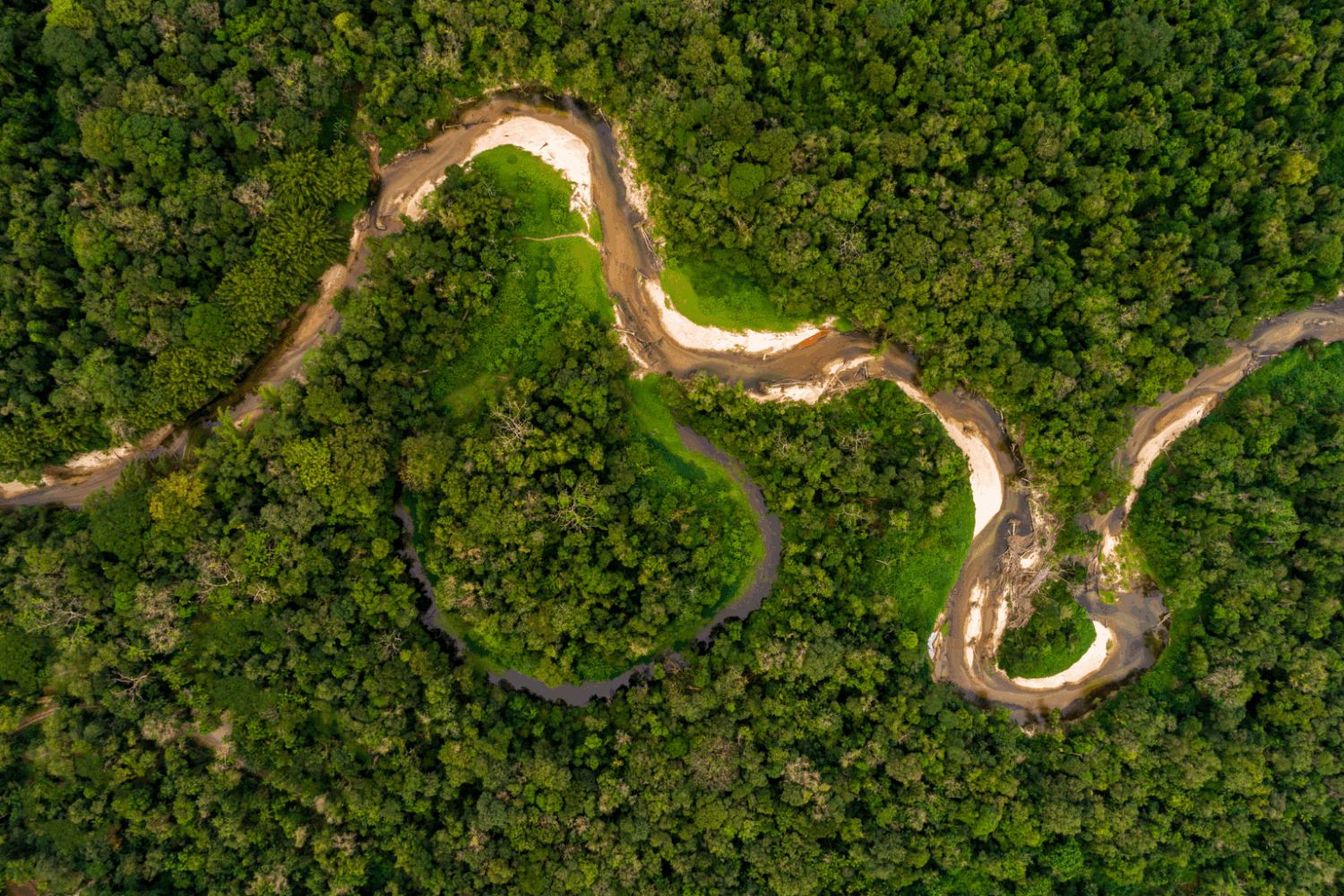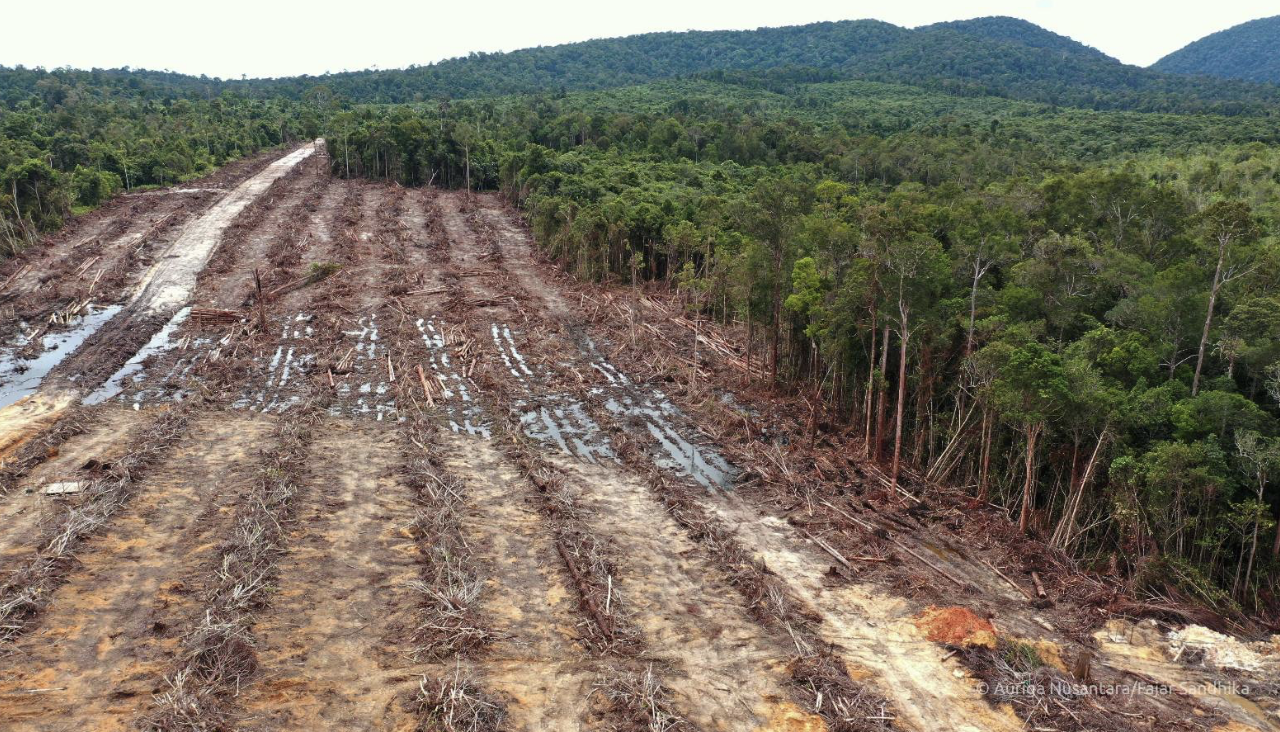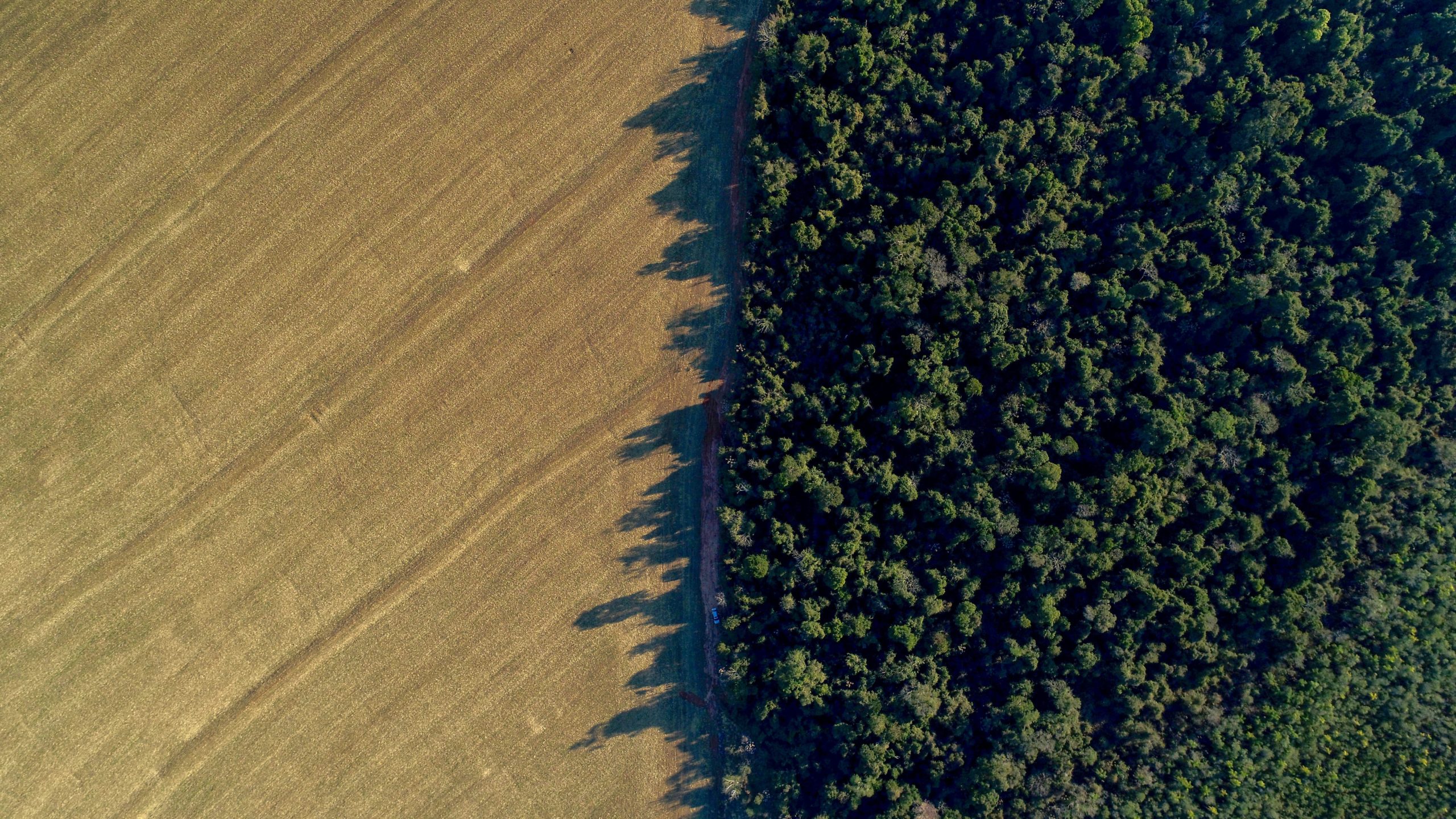
CEO Note: Stunning incompetence is the best-case scenario
Dear friend,
The European Commission has announced its intention to delay implementation of the EU Deforestation Regulation (EUDR) by a year – in our view, the most important international conservation policy of the last decade.
This postponement marks the second straight year of last-minute extensions for a law that was originally passed in 2023 and was supposed to take effect at the end of 2024. This delay comes after record-breaking fires in Europe this summer – and record-breaking level of deforestation last year. In short, the world’s rainforests need the EUDR, and Europe needs the EUDR for a livable planet.
The official story is that this delay is an IT issue – that despite the years of preparation time, the computer systems were unready to accept the massive number of due diligence forms that companies were going to have to submit. Maybe this is true; if so, it’s a staggering display of incompetence and an embarrassment to the European Commission.

Deforestation in Bolivia.
But there is a fear that it is something worse than incompetence; that the IT excuse is little more than a fig leaf to cover traditional European capitulation diplomacy. The problem may be as much lack of spine as lack of brains. Alas, this decision emboldens a minority of laggard companies who haven’t used the last 2+ years to get ready for the new law – and undermines the majority of agricultural producers and importers who have done the work on the ground to ensure their supply chains are free. At a time when Nature and climate action face strong headwinds, the world needs Europe to lead and overcome whatever obstacles may arise.
We must also look inward, though. Despite the potential of the EUDR, there has been far too little philanthropic investment in its defense. With some honorable exceptions, to the extent resources went to support this groundbreaking law, it tended to go towards technical issues (though understandably not the internal EU computer systems, which are hardly philanthropy’s responsibility) and not the existential cause of building political support in the case of attacks.
We mustn’t make the same mistake again – and focus on connecting the dots between soaring temperatures in Europe and the common sense and affordable solution of the EUDR.
We’ll also plan to capitalize on a positive phenomenon: the EUDR, even before taking effect, is already making a difference. As companies and governments prepared for the original deadline (and then the delayed one), they undertook more ambitious due diligence, implementing traceability systems and weeding out bad actors. We will work to ensure these trends continue. And some of the big companies that did prepare for the law – Nestle, Ferraro, Carrefour, and many others – have been important voices in calling for fair and timely implementation.
This advocacy – which we need to build – is an outgrowth of those companies first taking voluntary action and then working to ensure their competitors were playing by the same pro-environment rules as they were. It’s a vital part of our theory of change, and we must do our part to support those companies and growers doing the right thing.
Sincerely,
Glenn Hurowitz Founder & CEO
PS It’s not all bleak for Nature! Brazil just announced a $1 billion commitment to the Tropical Forest Forever Facility. More on that soon.


